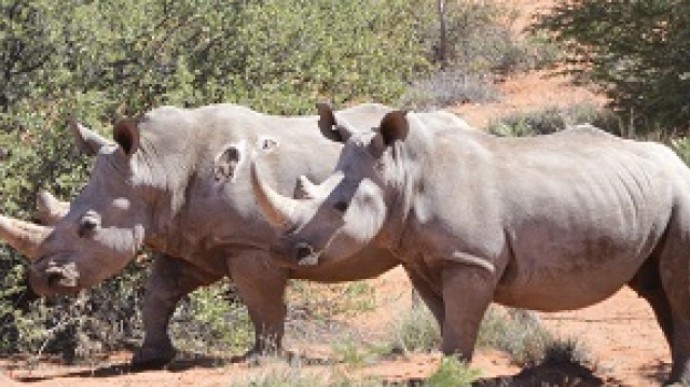 Story
Story
A workshop for collaborative action planning, organised by the Veterinary Genetics Laboratory (VGL), will take place from 18 to 24 June and will include representatives of the World Wide Fund for Nature (WWF), the Wildlife Trade Monitoring Network (TRAFFIC) and the Wildlife Forensics Network (TRACE).
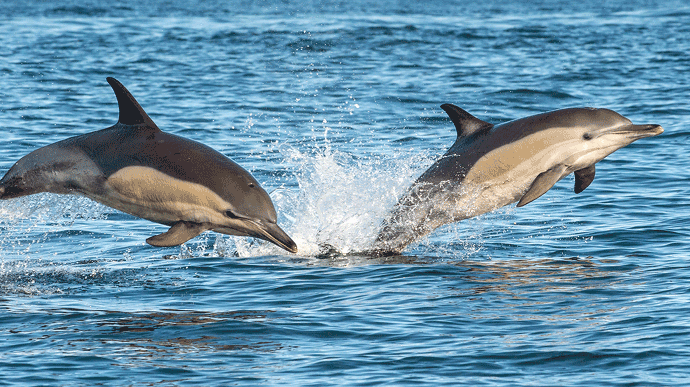 Story
Story
The Sea Search group is a collective of scientists and students from various local and international institutions who have a strong academic background in marine mammal science.
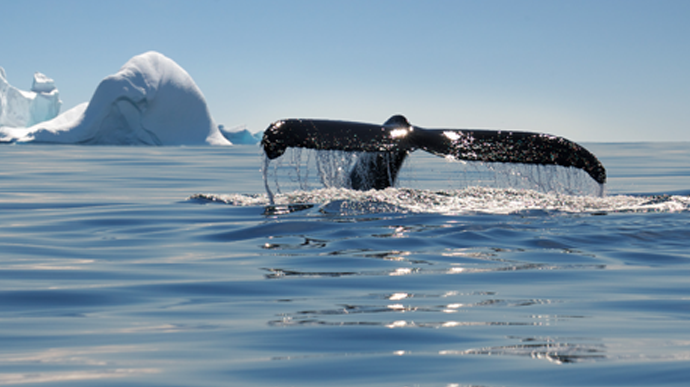 Story
Story
Researchers from the University of Pretoria's Mammal Research Institute Whale Unit, in collaboration with various partners, recently discovered the first evidence of a significant number of Antarctic blue whales off the west coast of South Africa since they were nearly hunted to extinction in the last century.
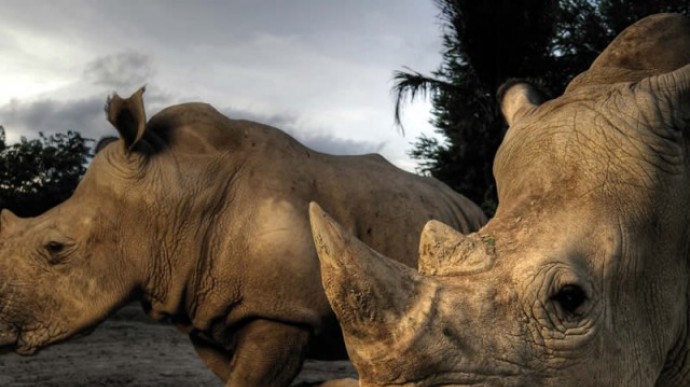 Story
Story
Rhino poaching in South Africa took off steeply around 2009, and shows no sign of abating before every rhino has been killed or mutilated for its horn.
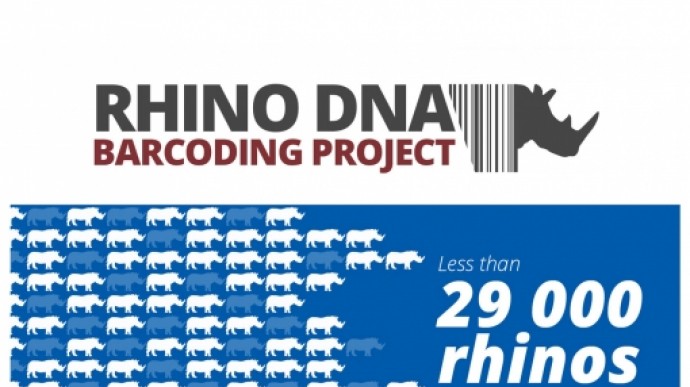 Infographic
Infographic
Rhino poaching in South Africa took off steeply around 2009, and shows no sign of abating before every rhino has been killed or mutilated for its horn.
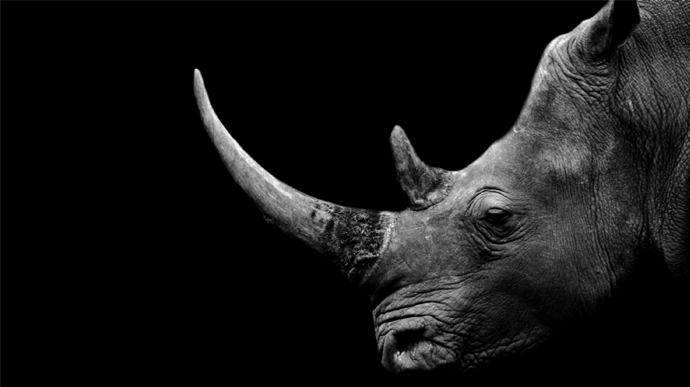 Video
Video
Rhino poaching in South Africa took off steeply around 2009, and shows no sign of abating before every rhino has been killed or mutilated for its horn.
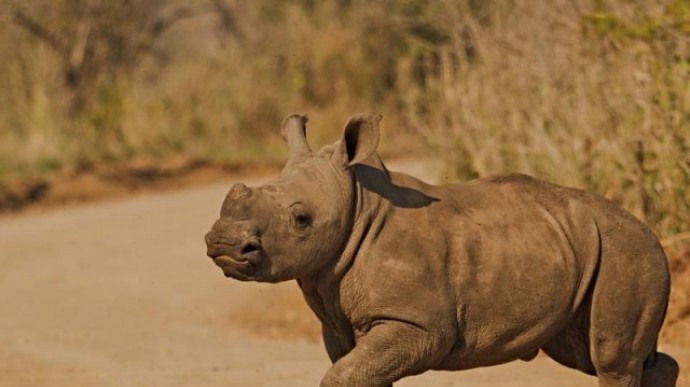 Video
Video
Rhino poaching in South Africa took off steeply around 2009, and shows no sign of abating before every rhino has been killed or mutilated for its horn.
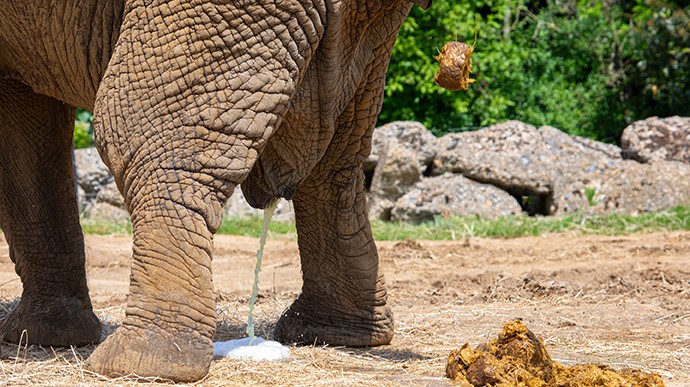 Story
Story
Wildlife endocrinology is a very important research area as it provides valuable information about the regulating systems of reproductive functions and responses to stressors in animals.
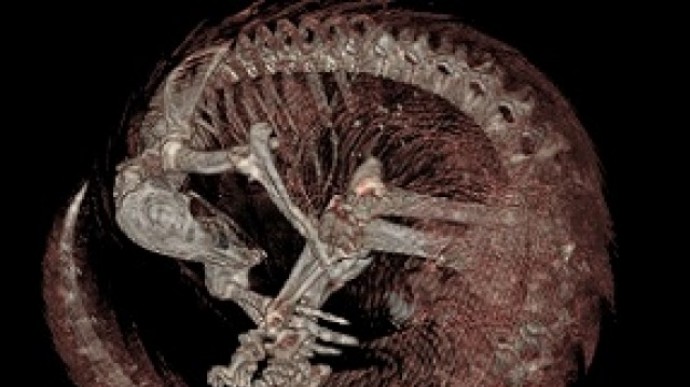 Story
Story
Pangolins have existed for more than 40 million years. Covered from head to toe in scales, they are certainly not your typical furry and fluffy mammal. On closer inspection of their precious little faces, one can begin to imagine that this mammal is not too far removed from the domestic dog.
Copyright © University of Pretoria 2025. All rights reserved.
Get Social With Us
Download the UP Mobile App